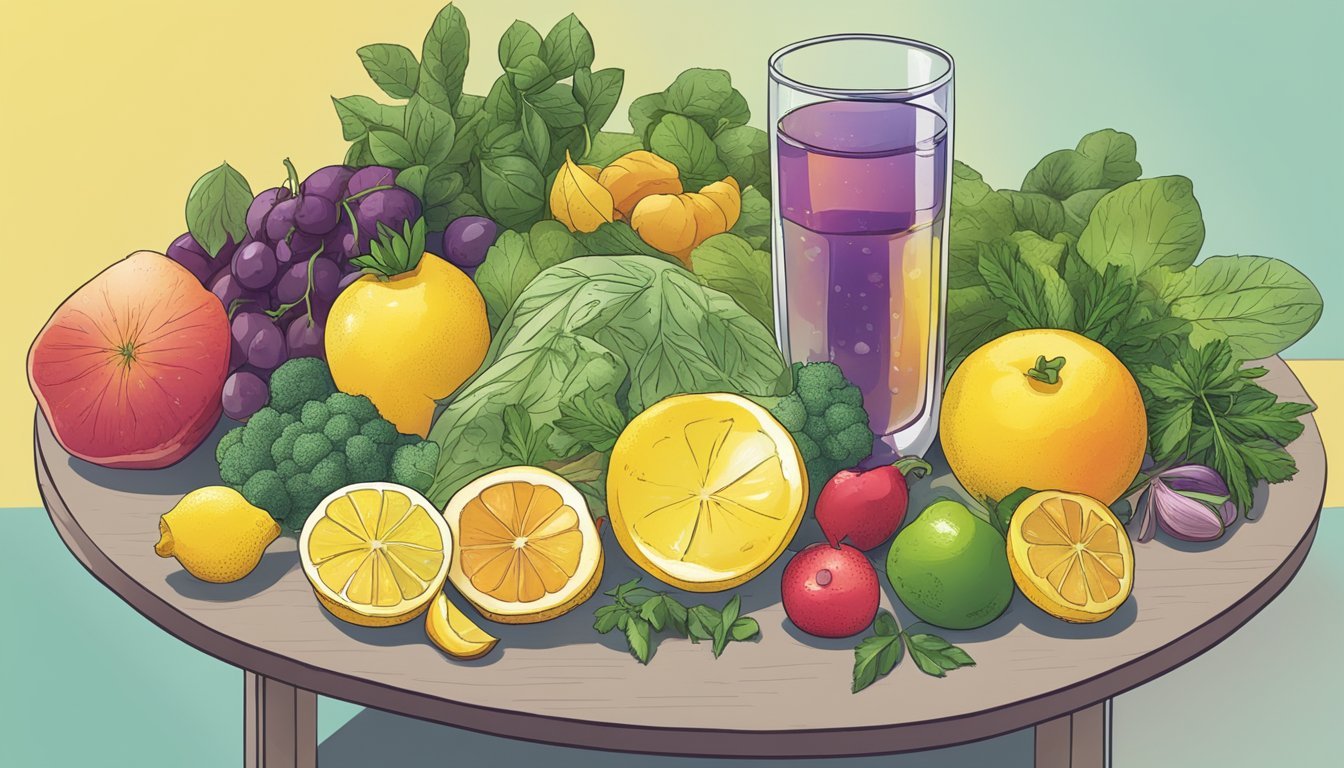Separating Myth From Reality For A Healthier You …C0NTINUE READING HERE >>>
In the world of health and wellness, detox diets have become a popular buzzword. Promising quick weight loss, increased energy, and a clean slate for your digestive system, these diets have garnered significant attention. But do they really work? And more importantly, are they safe?
Understanding Detox Diets
Detox diets typically involve a period of fasting followed by a strict diet of raw vegetables, fruit, and water. Some plans also include herbs, teas, supplements, and other forms of intestinal cleansing. The primary aim is to eliminate toxins from the body, thereby improving overall health.
Analyzing The Claims
Weight Loss: Many detox diets result in quick weight loss due to the severe calorie restriction. However, this weight loss is often temporary and primarily consists of water weight and muscle mass, not fat. Once normal eating patterns resume, the weight often returns.
Increased Energy: Proponents claim that removing toxins can boost energy levels. While some may feel an initial increase in energy, this is often due to the placebo effect or the initial high of a new regimen. Sustaining energy levels on a low-calorie diet is challenging and can lead to fatigue.
Improved Digestion And Skin: Detox diets that emphasize whole, unprocessed foods can improve digestion and skin health. However, these benefits can also be achieved through a balanced diet rich in fruits, vegetables, and adequate hydration without the need for extreme measures.
The Effectiveness Of Detox Diets
Scientifically, the body has its own sophisticated detoxification system involving the liver, kidneys, lungs, and skin. These organs work continuously to filter and eliminate waste products. There is limited evidence to support the idea that detox diets enhance these natural processes.
Research on detox diets is sparse and often not robust. While some studies suggest short-term benefits, they do not support long-term efficacy or safety. The weight loss and health improvements observed are often short-lived and not sustained once the diet ends.
Potential Risks
Nutrient Deficiency: Detox diets can be dangerously low in essential nutrients, leading to deficiencies that can affect overall health. Prolonged fasting or severe calorie restriction can lead to muscle loss, weakened immune function, and other health issues.
Dehydration and Electrolyte Imbalance: Many detox diets promote the use of laxatives, diuretics, and excessive water intake, which can lead to dehydration and electrolyte imbalances, potentially causing serious health complications.
Disordered Eating: The restrictive nature of detox diets can contribute to unhealthy relationships with food and disordered eating patterns. The focus on ‘cleansing’ can foster an obsession with ‘clean eating,’ which may lead to orthorexia.
Safer Alternatives for Detoxification
Instead of extreme detox diets, consider these safer and more sustainable ways to support your body’s natural detoxification processes:
Balanced Diet: Focus on a balanced diet rich in whole foods, including plenty of fruits, vegetables, whole grains, lean proteins, and healthy fats. These foods provide essential nutrients that support the body’s detoxification processes.
Hydration: Drink plenty of water to help your kidneys flush out toxins. Herbal teas and water-rich fruits and vegetables can also contribute to hydration.
Regular Exercise: Physical activity promotes circulation and helps the body eliminate waste products through sweat. Aim for regular exercise that you enjoy and can maintain long-term.
Adequate Sleep: Quality sleep is crucial for overall health and allows the body to repair and detoxify. Aim for 7-9 hours of sleep per night.
Mindful Eating: Practice mindful eating by listening to your body’s hunger and fullness cues. This helps maintain a healthy relationship with food and supports digestion.
Limit Processed Foods and Sugar: Reducing the intake of processed foods, added sugars, and alcohol can lighten the load on your liver and other detoxification organs.
Remember, sustainable health is a marathon, not a sprint.
>
